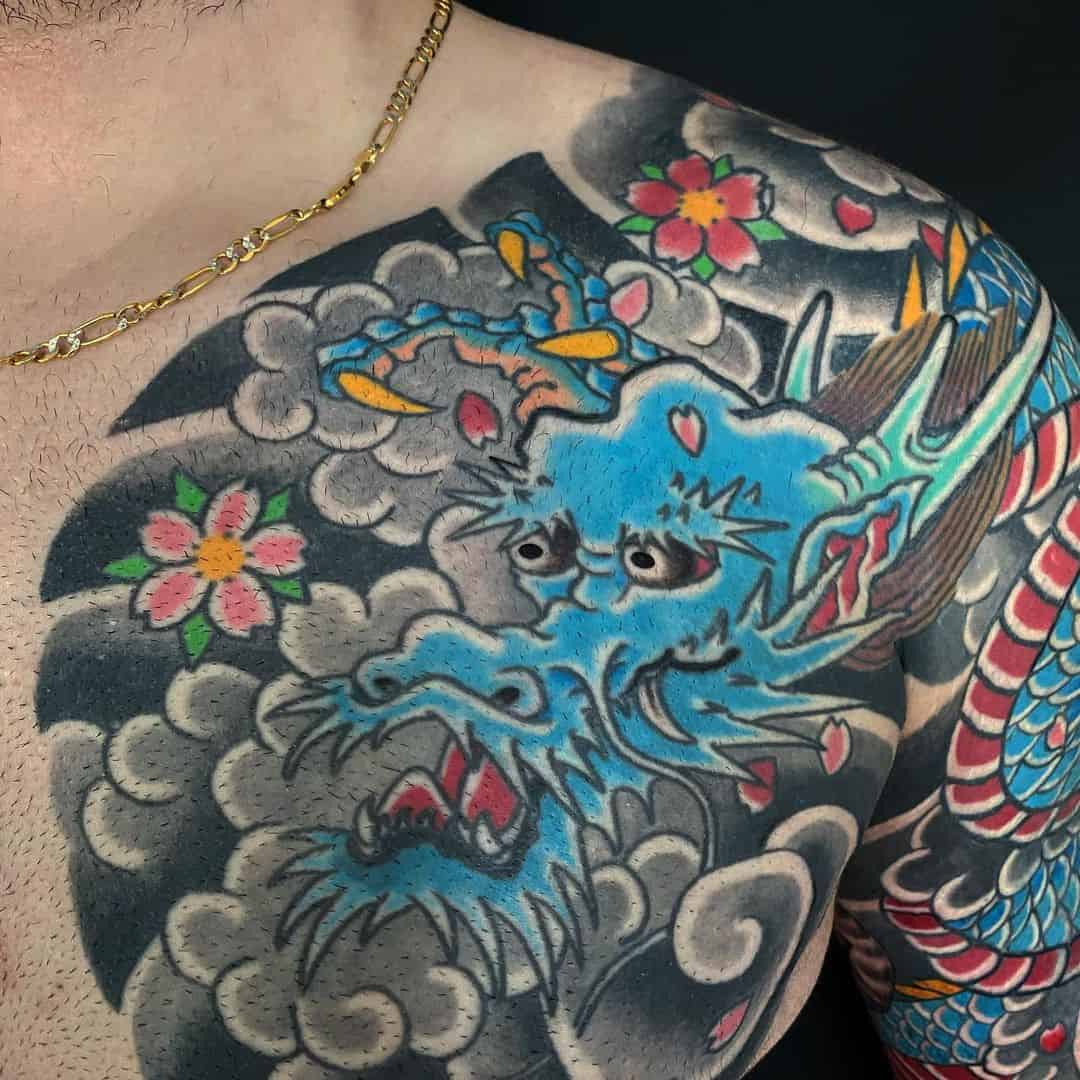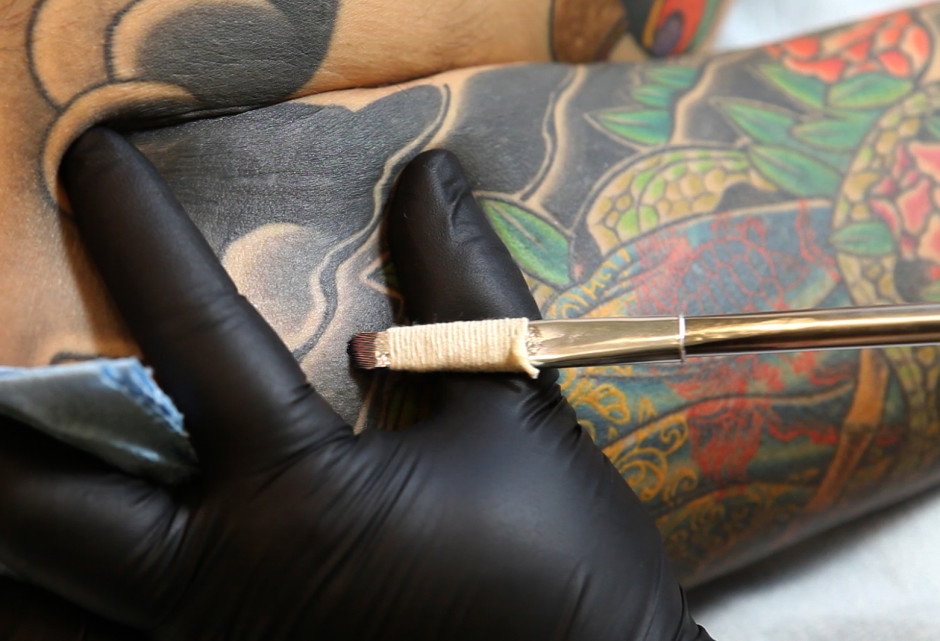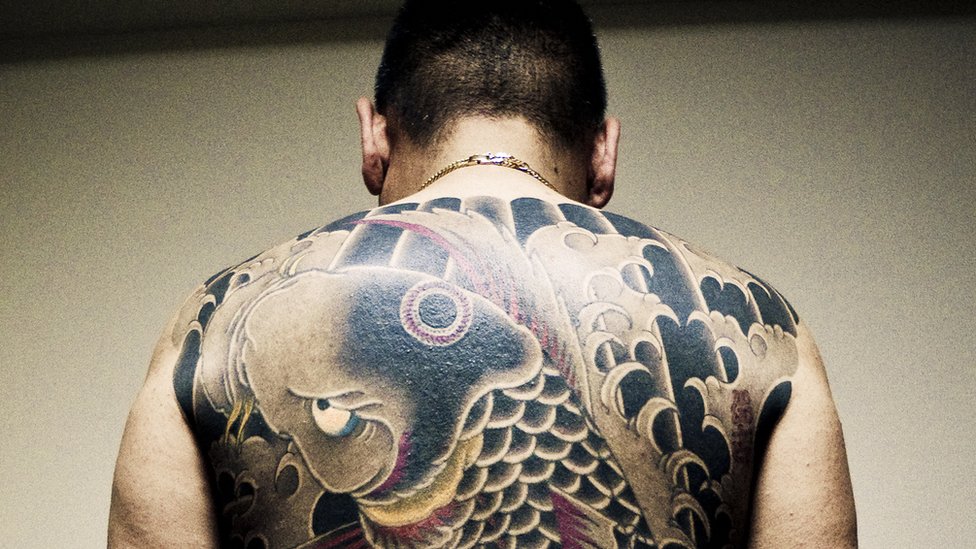The Yakuza, a notorious Japanese organized crime syndicate, are known for their intricate and symbolic tattoos. In this exploration, we delve into the world of Yakuza tattoos, deciphering their profound meanings and cultural significance. These tattoos are not merely adornments; they serve as a visual language, revealing the wearer’s affiliations, achievements, and personal history within this clandestine underworld.
The origin of yakuza tattoos

It all started in the 17th century, when Japan was going through a period of great political and economic stability. This prosperous period saw the birth of the first groups of yakuza, who took their name from a traditional Japanese card game. The first tattoos thus appear as a way for outlaws to identify with each other and to display their membership of a particular clan.
The symbolism of the patterns

Each yakuza tattoo conveys a strong message, linked to the personality of its wearer or to the values of his clan. We often find motifs from Japanese mythology and folklore, such as dragons, koi carp, cherry blossoms or even tigers. Each of these symbols has a precise meaning, often linked to strength, determination, loyalty or honor.
The tebori technique

Yakuza tattoos are made using the traditional technique of tebori, which involves inserting ink under the skin using a bamboo rod and needles. This manual method, longer and above all more painful than modern tattooing techniques, is nevertheless acclaimed by the yakuza for its exceptional results: deep colors, a very detailed rendering and a great longevity of the work.
Yakuza tattoos as social markers

Beyond their undeniable artistic aspect, yakuza tattoos also have a social function within these mafia groups. Indeed, they serve to establish a hierarchy and to distinguish the different members according to their ranks and their accomplishments.
To become a full member of a yakuza clan, you usually have to go through several stages, including getting your first tattoo. This initiation rite allows the newcomer to prove his strength, his courage and his determination in the face of pain, while marking his commitment to the group. More than a simple ornament, the tattoo then becomes a real sign of belonging and a testimony of loyalty.
